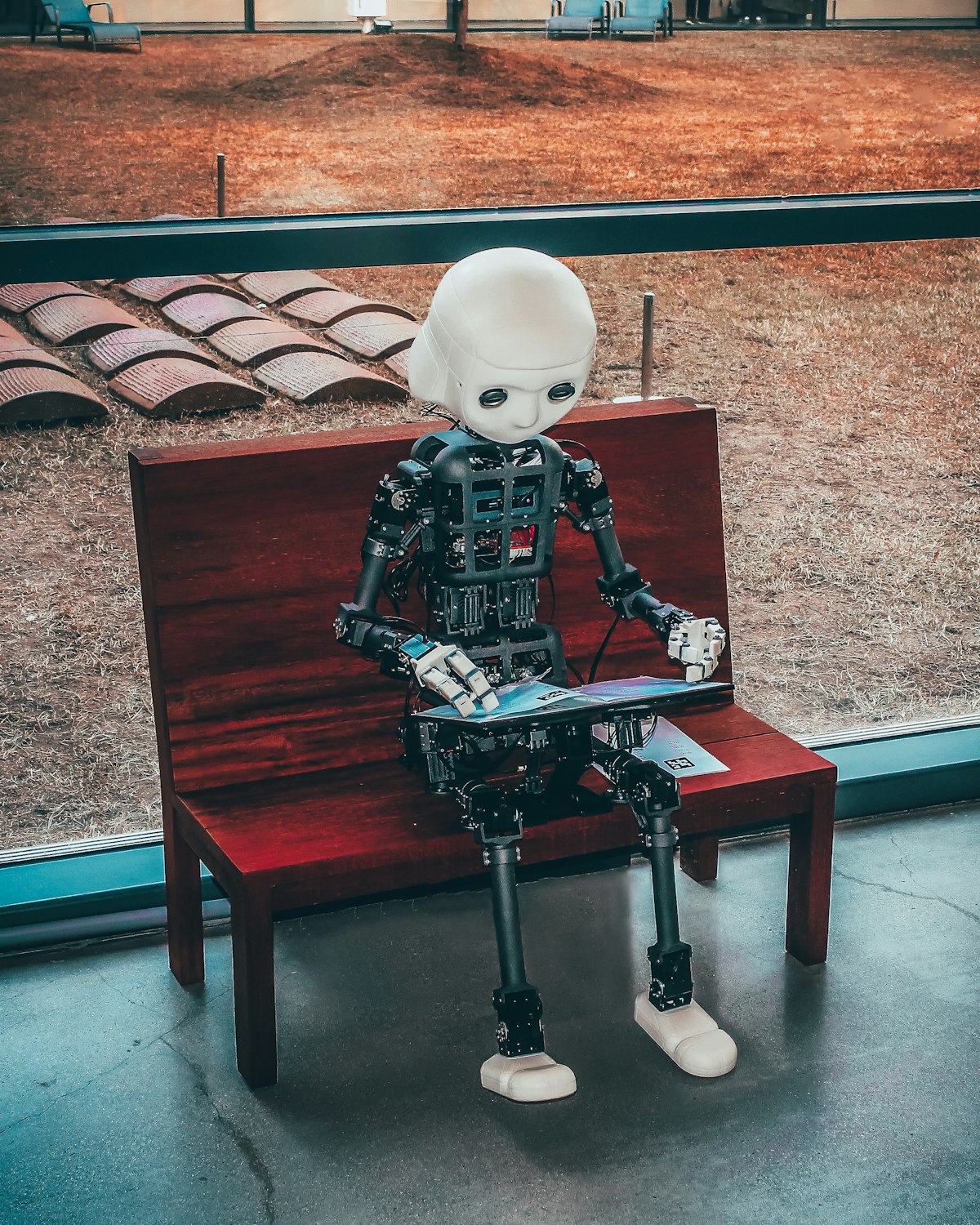2023: The future of Artificial Intelligence

The current state of AI:
The current state of AI is one of rapid progress and expansion. While there are still many challenges to be overcome, the field of AI has made great strides in recent years.
One of the most significant challenges facing AI is the issue of data. In order to train artificial intelligence systems, data is required. However, acquiring high-quality data can be difficult and expensive. This is a particularly acute problem in fields such as medicine, where data is often proprietary and difficult to obtain.
Another challenge facing AI is the issue of interpretability. AI systems are often opaque, making it difficult to understand how they arrive at their decisions. This can be a problem when AI systems are used in domains such as medicine, where it is important to understand the reasoning behind a diagnosis or treatment recommendation.
Despite these challenges, the current state of AI is one of exciting progress. New techniques are being developed that are making AI systems more powerful and efficient. At the same time, the availability of data is increasing, making it possible to train more sophisticated AI systems. As the field of AI continues to advance, it is likely that these challenges will be overcome and that AI will become increasingly commonplace in a wide variety of domains.
The future of AI:
The future of AI is shrouded in potential but fraught with uncertainty. But despite the many unknowns about the future, there are a number of factors that suggest that AI will become increasingly important. First, fast-moving technical advances are erasing the divide between human and machine capabilities, and devices are becoming more and more embedded into our everyday lives. In addition, AI is being applied in a growing number of domains such as finance, healthcare, transportation, and manufacturing.
AI will also likely play an important role in managing the increasing complexity of the world economy. As businesses become more global and interconnected, they will need AI to make sense of large amounts of data and to identify new opportunities. AI can also help organizations automate routine tasks, freeing up workers for more creative and strategic work.
AI will also have a profound impact on society and the economy. In the coming years, AI will likely increase economic inequality as it displaces workers in a wide range of jobs. It will also transform the nature of work, causing a shift from manual and repetitive jobs to those that require creativity and social intelligence. As AI changes the way we work and live, it will also raise ethical and legal questions about the appropriate use of this powerful technology.
Despite the many challenges, the future of AI is bright. With the right policies in place, AI can be a powerful force for good, helping us to solve some of the world’s most pressing problems.
The impact of AI:
The impact of AI is far-reaching and has the potential to change every aspect of our lives.
In the past, AI was associated with large companies and government organizations. However, AI is now being used by small businesses and individuals to improve their productivity and effectiveness.
AI is being used to create more personalized experiences for customers. For example, Netflix uses AI to recommend movies and TV shows that you might like based on your previous watching habits.
AI is also being used to develop new products and services. For example, Google’s DeepMind is using AI to develop new energy efficient algorithms that could save the company millions of dollars.
AI is also being used to automate tasks that are currently being done by humans. For example, many customer service tasks are now being handled by chatbots.
AI has the potential to improve our lives in many ways. However, it also has the potential to create new risks and challenges.
For example, as AI gets better at understanding and responding to human emotions, it could be used to manipulate people’s feelings. Additionally, as AI gets better at understanding and responding to human behavior, it could be used to influence or control people’s behavior.
AI also has the potential to create new forms of inequality. For example, if AI is used to automate tasks, it could put people out of work. Additionally, if AI is used to develop new products and services, it could create a new class of “super-users” who have access to better and more affordable services than the rest of us.
AI also has the potential to impact the environment. For example, if AI is used to develop new forms of transportation, it could lead to increased traffic and pollution.
AI is a powerful technology with the potential to change the world in many ways. We need to be thoughtful about how we use AI so that we can maximize its benefits and minimize its risks.
Conclusion:
There is no doubt that artificial intelligence (AI) is rapidly evolving and growing more sophisticated every day. With the rapid expansion of AI capabilities, businesses and individuals must pay close attention to the ethical implications of these technologies. As AI increasingly becomes part of our lives, it is important to consider the potential impact of these technologies on our society and how we can ensure that they are ethically sound.
When used responsibly, AI can be a powerful tool that can help us solve some of the world’s most pressing problems. However, we must be aware of the potential risks associated with AI and take steps to ensure that these technologies are used ethically. With the rapid expansion of AI capabilities, it is essential that we stay informed about the latest developments in this field and remain vigilant about the potential risks and ethical implications of these technologies.
